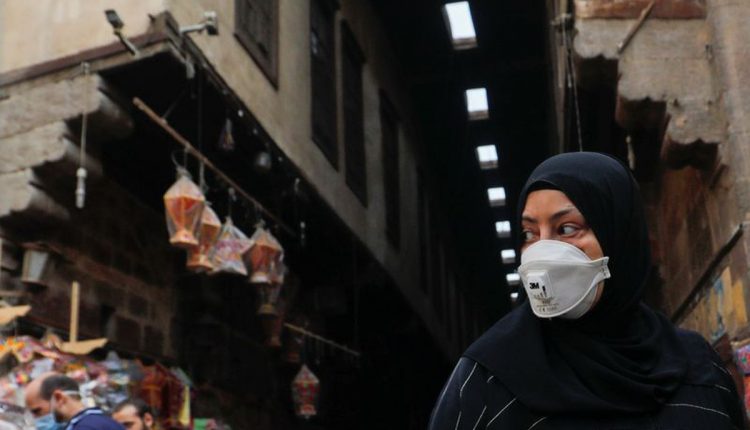Egypt controls first coronavirus wave but pandemic threat not over – official
Egypt has controlled the first wave of the coronavirus, head of the health ministry’s scientific committee Hossam Hosny said on Friday.
He stressed the danger of the pandemic hasn’t receded, however, referring to a possible second wave.
“Controlling the first wave means infection rates are within reasonable limits that do not burden the health system and medicines and means of protection are available,” Hosny explained on TV.
He urged people to remain adherent to preventative measures, maintain social distance, and wear face masks, mandatory since 30 May.
Egypt has maintained a rate of less than 200 coronavirus infections per day since August. In recent weeks, the figure dropped to around 150.
The government has repeatedly urged caution to avoid a second wave of the pandemic, particularly with the advent of autumn and the beginning of the new academic year.
However, Egypt is well prepared in case a second coronavirus wave strikes, Hosny added.
“In June and July, when infections were at their peak, the health ministry’s isolation hospitals were operating at 90 percent of their capacity along with university and private hospitals. At present, only the ministry’s hospitals are concerned with treating coronavirus cases and they are operating with five percent of their capacity,” he said.
On Thursday, health minister Hala Zayed said the total number of home-isolating coronavirus patients in Egypt has reached 10,168 cases since the ministry launched its programme for non-hospitalised cases in July. The programme is implemented in coordination with the World Health Organisation.
“As is the case with the majority of countries, Egypt performs target screening rather than mass screening,” Hosny replied about the low numbers of daily infections in Egypt and whether they are related to the reduced number of PCR tests performed.
“Target screening means performing swabs for patients exhibiting certain symptoms. The procedure follows CT scans and laboratory analyses to identify suspected cases,” he said, adding that the state has no interest in hiding the real number of infections.


